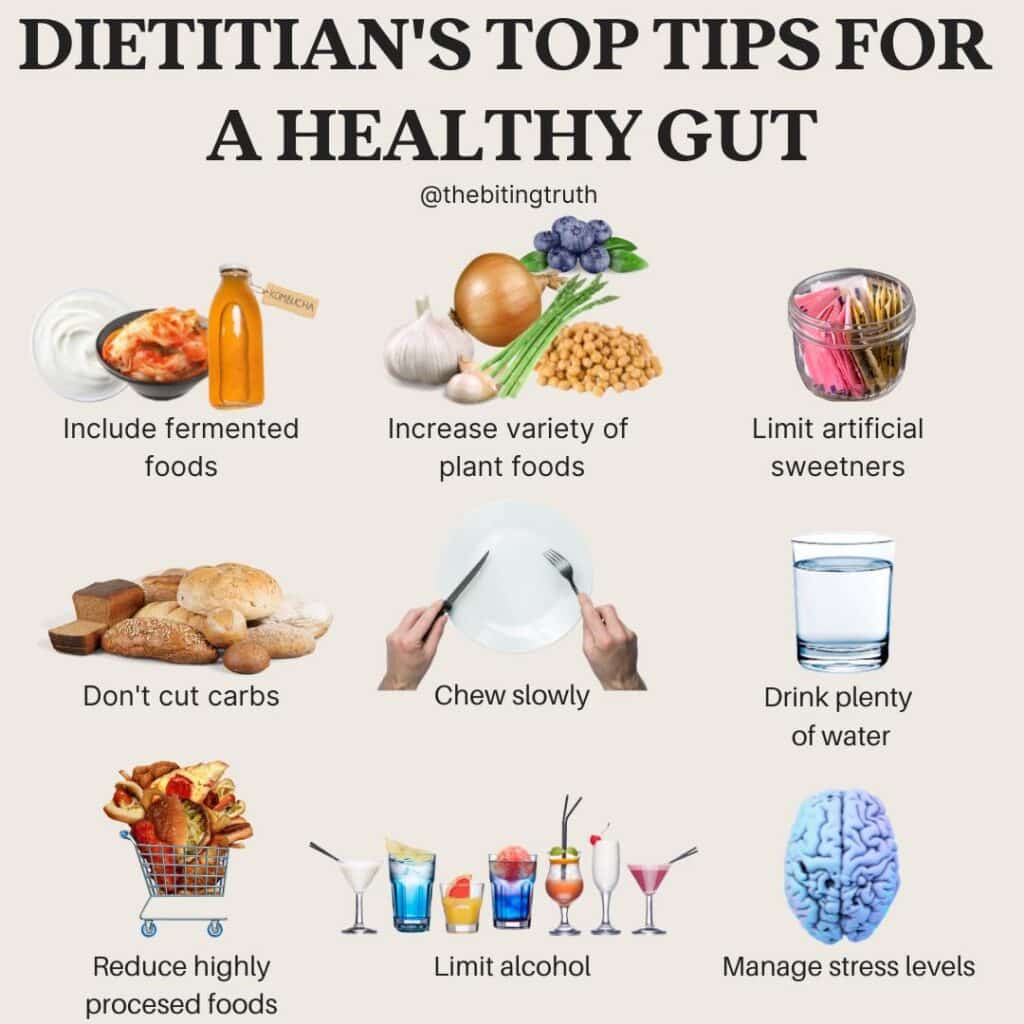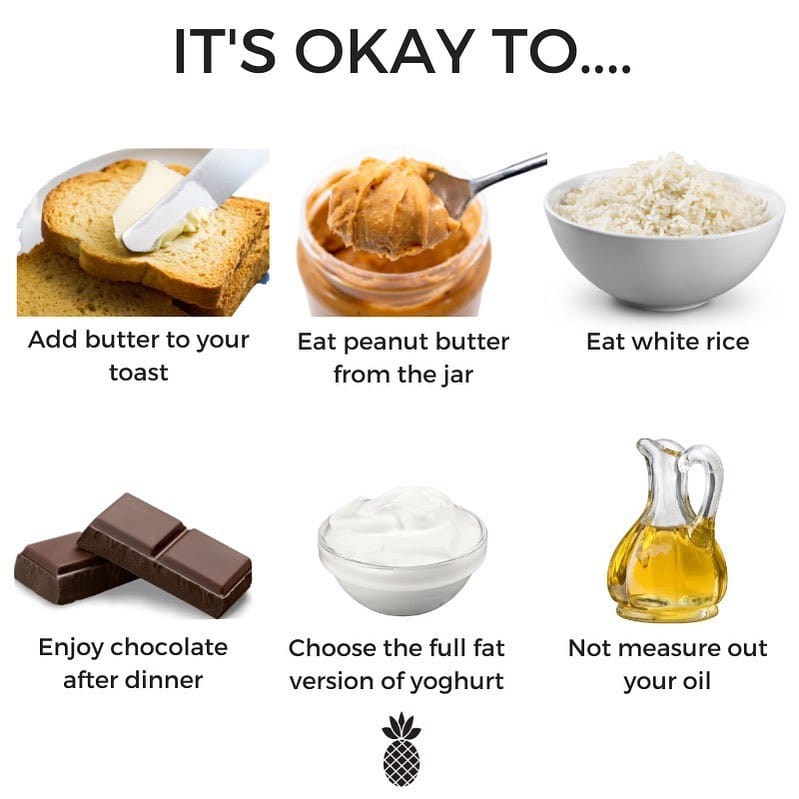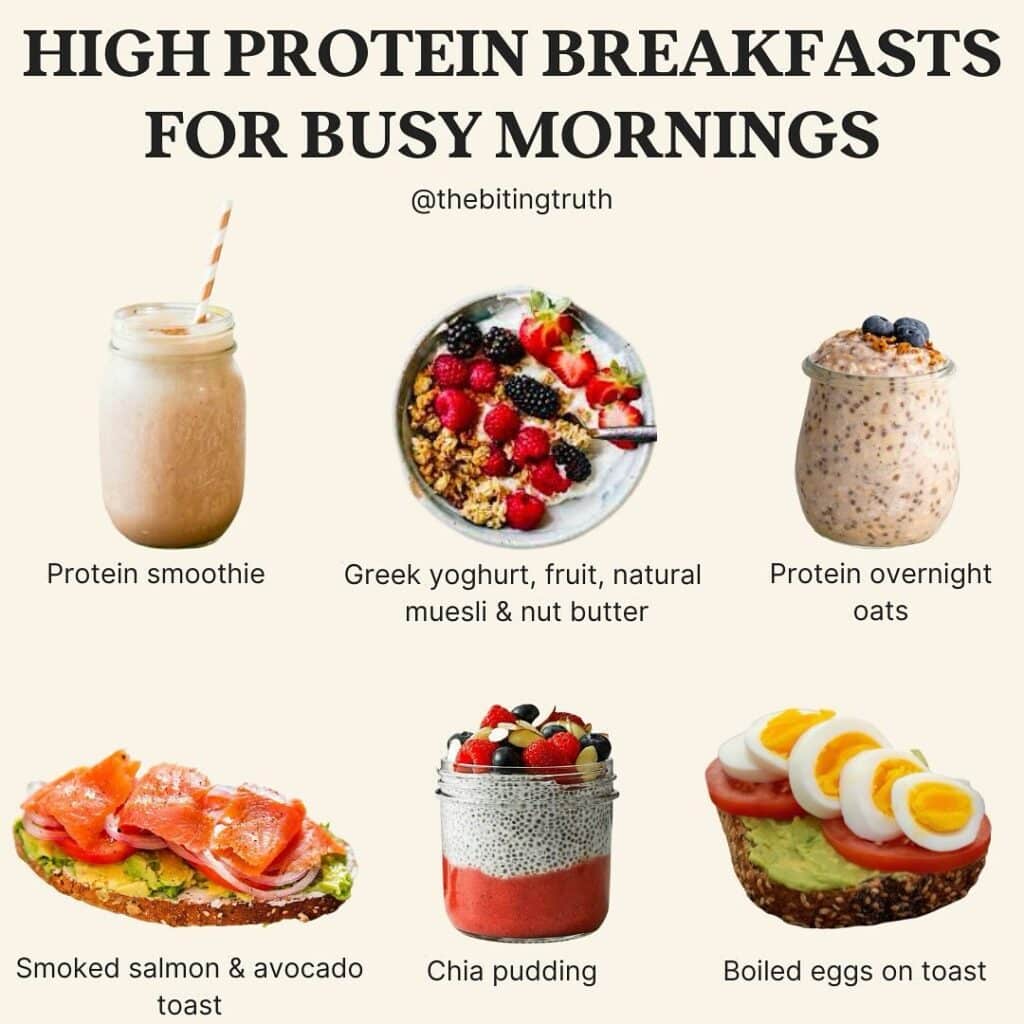Free shipping for orders over $80
Free shipping for orders over $80
If you’ve scrolled TikTok or wellness blogs lately, you’ve probably noticed magnesium being hyped as the magic fix for stress, sleep, and even chocolate cravings. While not everything online is backed by science, magnesium is one of the most important minerals for our health and many Australians aren’t getting enough.
Magnesium is involved in over 300 chemical reactions in your body. Put simply, it helps keep your brain, muscles, and energy systems running smoothly. Key roles include:
Supporting muscle contraction and relaxation (goodbye cramps)
Helping your brain and nervous system manage stress
Regulating blood sugar and blood pressure
Building strong bones alongside calcium and vitamin D
Creating and repairing DNA and proteins
Converting food into energy
Women: 320 mg/day
Men: 420 mg/day
Research shows around 1 in 3 Australian adults don’t meet their daily magnesium needs. This is often due to highly processed diets that are lower in wholegrains, legumes, nuts, and leafy greens — the main sources of magnesium.
Many Australians could benefit from boosting magnesium in their diets, as around 33% of Aussies are not getting enough. It is relatively easy to become mildly deficient – too much stress, processed food, alcohol, diarrhea or certain medications can lower your levels. However, dietary changes or supplements can restore your levels quickly.
It is important to note that while many people aren’t getting enough magnesium through diet alone it is rare to have a true deficiency. This is because our kidney’s actually control how much magnesium is lost through your urine. So if you’re not getting much through your diet, it will reduce the amount expelled through your urine.
The earliest signs of magnesium deficiency include nausea, general fatigue and a loss of appetite. Remember that if you are simply low in magnesium, you probably wont experience any of these symptoms, however, it is still a good idea to up your intake of magnesium containing foods. Ub more advance cases, someone with a deficiency could experience heart proles, weakness, muscle cramping, trouble sleeping and seizures.
If you are worried you might be deficient, seek the support of your doctor or Accredited Practising Dietitian.
Magnesium is found in a variety of foods. It might surprise you that plant-based food sources (e.g. grains, fruits and vegetables) typically have higher levels of magnesium compared to meats or dairy foods. Some good sources include;
Pumpkin seeds (1 tbsp = ~65 mg)
Almonds (30 g = ~80 mg)
Cashews (30 g = ~75 mg)
Spinach (1 cup cooked = ~160 mg)
Black beans (1 cup = ~120 mg)
Rolled oats (1 cup = ~115 mg)
Quinoa (1 cup cooked = ~120 mg)
Dark chocolate, 70% (30 g = ~65 mg)
Tip: build these into your meals — sprinkle seeds on breakfast, swap white rice for quinoa, add legumes to salads and soups.
Supplements may be useful if you struggle to meet needs from food alone, or if recommended by your healthcare provider. But for most people, focusing on whole foods is the best way to keep magnesium levels healthy.
Magnesium may not be a “miracle mineral,” but it plays a powerful role in keeping your body and brain performing at their best. With many Australians missing out, it’s worth making sure your meals include magnesium-rich foods each day.
—
Want tailored support? Our VIP Coaching Program is your opportunity to work 1:1 with an expert dietitian to optimise your nutrition and take the guesswork out of what to eat. Click here to learn more!






